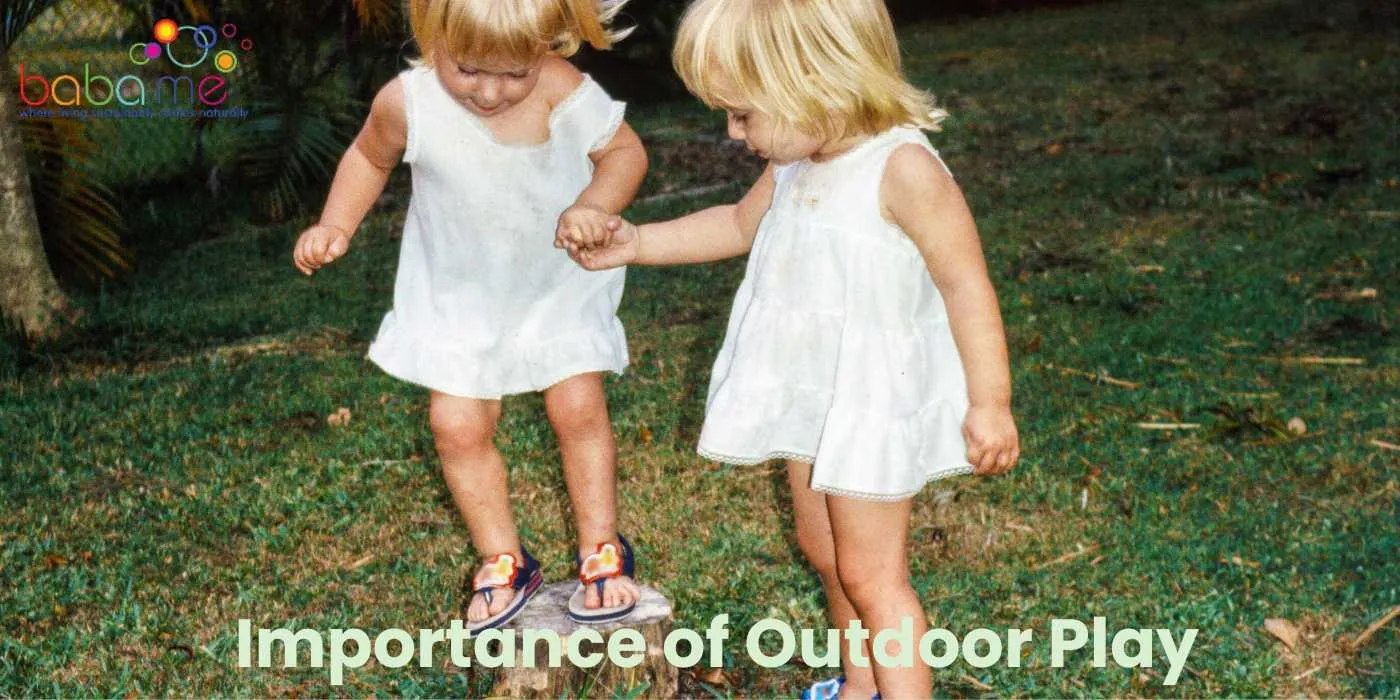Ever observed the sheer joy and enthusiasm in a child’s eyes while playing outdoors? This natural inclination isn’t just for fun. Outdoor play is a fundamental pillar in early childhood development, offering an array of benefits that indoor activities might not provide.
The significance of outdoor play in fostering physical, cognitive, and socio-emotional growth cannot be understated.
As an expert in child development and toys, I’ve curated a comprehensive guide that underscores the importance of outdoor play during the formative years of childhood.
Let’s venture into this exploration together, shedding light on the myriad ways outdoor play lays the foundation for a holistic, well-rounded development in young children.
Key Takeaways
Outdoor play is an essential part of childhood development, providing children with opportunities to develop their physical, social, and emotional skills.
Outdoor play promotes social interaction, problem-solving, and creativity, and can be a great way for children to get exercise and stay physically active.
By encouraging outdoor play, you can help your child develop important skills and habits that will benefit them throughout their lives.
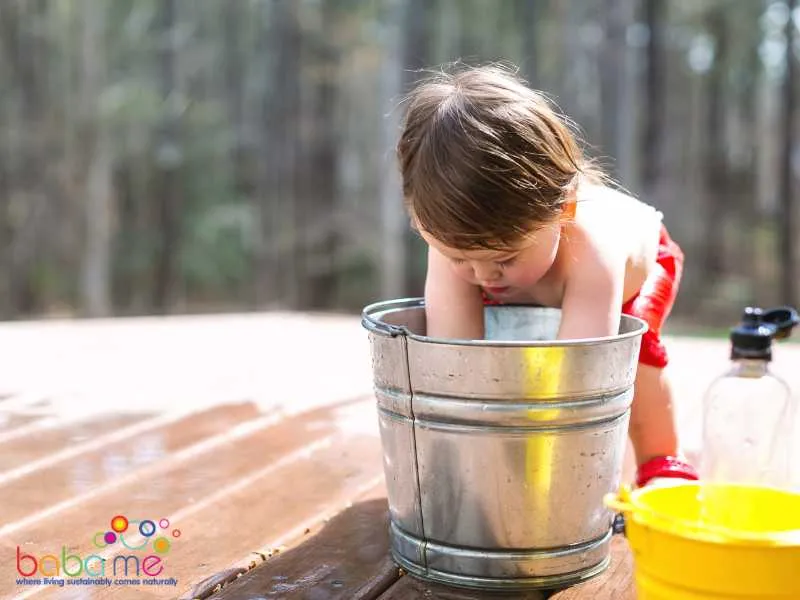
The Role of Outdoor Play in Early Childhood
Outdoor play is an essential aspect of early childhood development that provides numerous benefits for young children. As a parent or caregiver, you play a crucial role in ensuring that your child has access to outdoor playtime. In this section, we will explore the importance of outdoor play in early childhood and how it can positively impact children’s development.
Benefits of Outdoor Play for Children
Playing outdoors is an excellent way for children to develop their physical, cognitive, and social skills. Here are some of the benefits of outdoor play for young children:
| Developmental DomainBenefits of Outdoor PlayExamples of Activities | ||
|---|---|---|
| Physical Development | Improves strength, coordination, motor skills, and overall fitness | Climbing on playground equipment, riding bikes, playing catch |
| Cognitive Development | Enhances learning, problem-solving, focus, and creativity | Nature scavenger hunts, outdoor puzzles, gardening |
| Emotional Development | Fosters self-confidence, independence, stress reduction | Creating personal forts, solo explorations, mindfulness in nature |
| Social Development | Encourages cooperative play, conflict resolution, and communication skills | Group games like tag or hide-and-seek, team sports |
| Sensory Development | Provides opportunities for multi-sensory experiences (touch, sight, smell, sound) | Sand and water play, observing wildlife, listening to nature sounds |
Physical Development:
Outdoor physical play serves as a cornerstone for promoting physical development in children. By engaging in active outdoor child play, children have the opportunity to run, jump, climb, and perform a multitude of other activities that naturally strengthen their gross motor skills, balance, and coordination. They build their muscle strength, increase their endurance, and improve their overall physical fitness.
Importantly, these opportunities for outdoor play spending time doing physical activity also promote heart health and help to instill a love of exercise that can last a lifetime, which helps in preventing childhood obesity. Regular active play in a natural environment can also enhance agility, speed, and precision in a child’s movements.
Cognitive Development:
Outdoor play acts as a natural learning environment for children, fostering cognitive development in a unique and engaging way. As children navigate their outdoor surroundings, they are encouraged to think creatively, engage in problem-solving, and use their imagination to interpret the world.
Outdoor spaces provide diverse sensory experiences, promoting children’s curiosity, exploration, and observational skills. The freedom and autonomy provided by outdoor play also allow children to make decisions, fostering cognitive abilities like logical thinking, concentration, and memory.
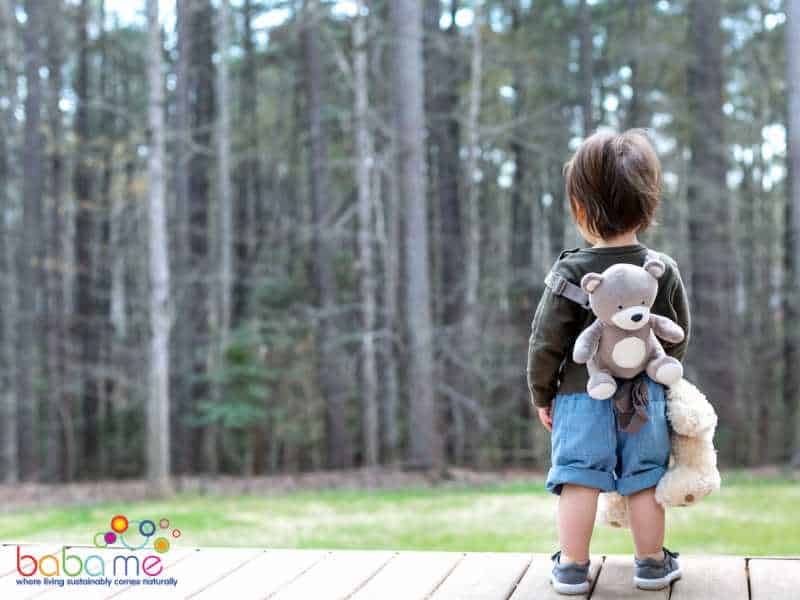
Social Development:
Beyond the physical and cognitive benefits, outdoor play holds significant value for social development. Outdoor environments naturally prompt interactive play with other children, serving as an excellent platform for them to develop and refine their social skills.
Through group games and shared activities in outdoor time, children learn to take turns, share, communicate effectively, and work collaboratively to achieve common goals.
Children who spend time playing outdoors with peers learn to navigate social relationships, understand different perspectives, and build friendships. Simultaneously, they encounter various situations where they develop emotional regulation skills, such as managing frustration, practicing self-control, and understanding empathy.
These experiences not only foster healthy social interactions but also contribute to emotional well-being and self-esteem from a young age.
Emotional Development:
Outdoor play is a powerful driver for emotional development in children. It provides a space for children to freely express themselves and explore a range of emotions.
When engaging in unstructured play, children often face challenges and experiences that allow them to manage their feelings and cope with disappointment or frustration.
They learn to identify and understand their own emotions, develop resilience, and foster self-confidence. For example, the thrill of climbing a tree or the pride of building a sandcastle can significantly contribute to emotional growth.
Moreover, the calming effect of nature helps children relax and reduces stress levels so is great for mental health. In essence, outdoor play is vital for emotional well-being and healthy development.
Sensory Development:
Sensory development is significantly enhanced by outdoor play. The outdoors is a rich, ever-changing environment that provides a myriad of sensory experiences.
Children touch the rough bark of a tree, smell the fragrance of flowers, listen to the rustling leaves, see a variety of colors, and even taste the fresh air.
All these sensory inputs stimulate a child’s senses, enhancing their perceptual abilities and cognitive growth. By interacting with natural materials and experiencing different weather conditions, they develop an understanding and appreciation of the natural world.
Outdoor play, therefore, is a valuable tool in supporting sensory development, fostering an engaged and active learning process in children.
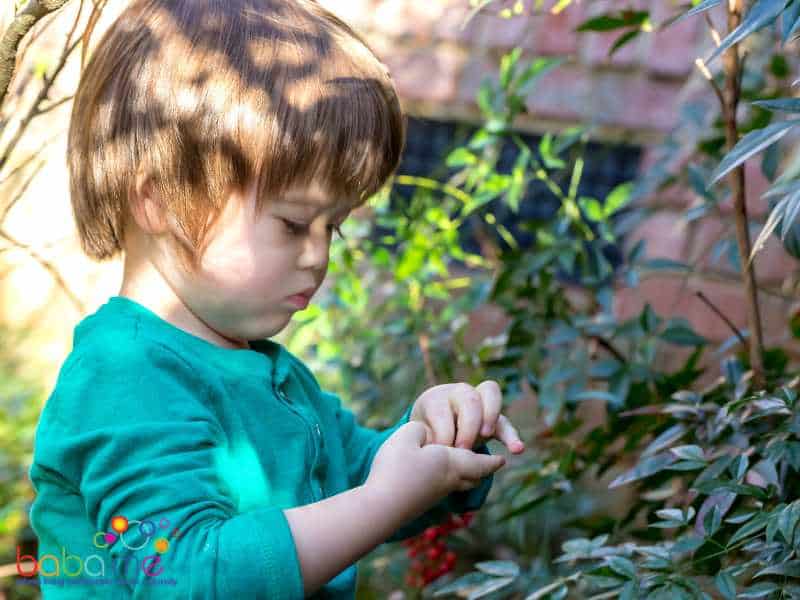
How to Encourage Outdoor Activities
Encouraging kids to play outdoors is about making it as exciting and inviting as possible for children. Here are a few strategies to encourage outdoor play:
Create an Inviting Outdoor Space: Make sure your outdoor space is safe and inviting. This could include having a mix of open spaces for running and playing ball games, and more intimate spaces for quiet play. You could include a sandbox, a swing, or even a small garden where kids can grow their own plants.
Provide the Right Tools: Provide a variety of toys and materials that promote outdoor play. Think about items such as balls, kites, bicycles, scooters, chalk for sidewalk drawing, or buckets and shovels for sand play. Maybe even an outdoor water table as an outdoor activity.
Encourage Exploration: Promote the exploration of the natural environment. Encourage children to go on bug hunts, create artwork with leaves or stones, or even build a fort with branches.
Participate in the Play: Join your children in their outdoor play games to encourage them. You can help them notice the world around them, like the sound of the wind or the texture of the bark on a tree. Your participation not only makes play more fun but also provides a sense of safety for young children.
Balance Structured and Unstructured Play: Allow for both structured and unstructured play. Structured play like organized sports can be great for learning new skills for older children, but unstructured play allows children to use their creativity and develop their problem-solving skills.
Limit Screen Time: It’s important to set boundaries for screen time. Encourage outdoor play as an alternative to TV, computer games, and other screen-based activities.
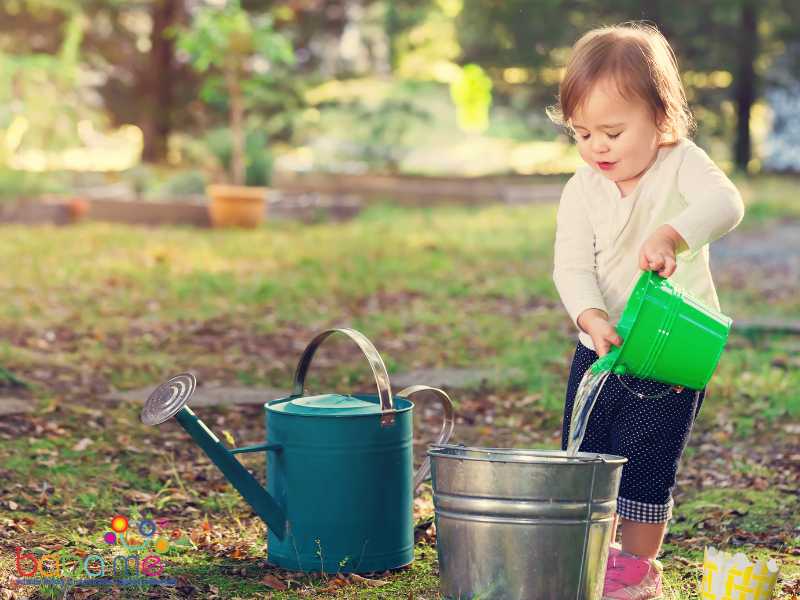
The Role of Nature in Childhood Development
Spending time in nature is an essential part of childhood development. Being outdoors offers children a chance to explore and learn about the natural world. Here are some ways in which nature plays a vital role in your child’s development:
Encourages Physical Activity
Playing outside allows children to run, jump, climb, and explore, which helps develop their gross motor skills. It also provides an opportunity to get some fresh air and exercise, which is essential for their overall health and well-being.
Promotes Creativity and Imagination
Playing in nature provides endless opportunities for imaginative play. Children can create their own games, build forts, and make mud pies. This kind of unstructured play encourages creativity and helps develop problem-solving skills.
Supports Cognitive Development
Being in nature provides a rich sensory experience that stimulates a child’s brain. They can touch, smell, and see the natural world, which helps develop their cognitive abilities. Outdoor learning also helps children develop a sense of curiosity and wonder about the world around them.
Builds Resilience
Playing in nature offers children a chance to take risks and learn from their mistakes. They can climb trees, balance on logs, and explore new environments. These experiences help build resilience and confidence in their abilities.
Teaches Respect for the Natural Environment
Spending time in nature helps children develop a sense of respect and appreciation for the natural world and outdoor environments. They learn about the importance of conservation and the role they can play in protecting the environment. They also develop a sense of responsibility towards the living things around them, such as bugs and animals.
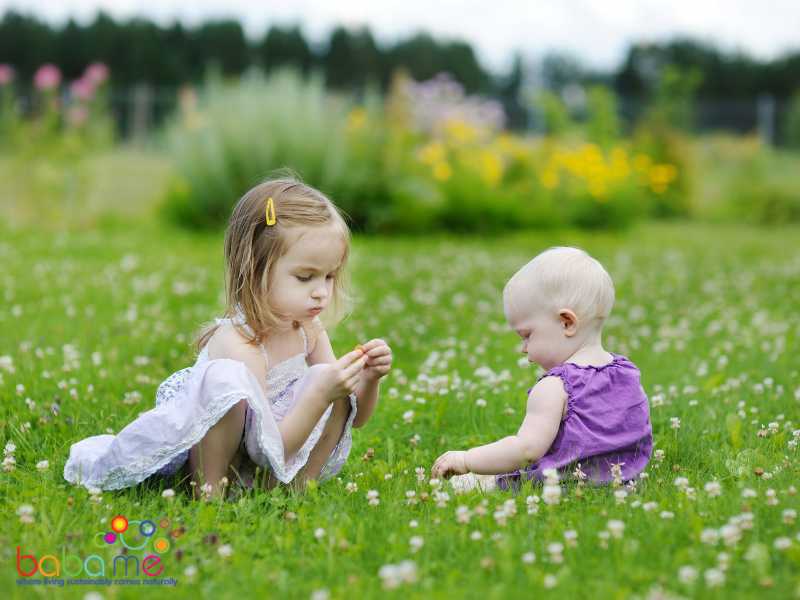
FAQS on Importance of Outdoor Play for Infants
What are the benefits of outdoor play in childcare?
Outdoor play in childcare allows children to naturally engage in physical activities, using all their muscles, and enhancing the child’s physical strength. This active time not only benefits physical health but also helps children release pent up energy. Through dramatic and constructive play in the outdoor environment, a child’s imagination grows and brain development is fostered.
What are the benefits of outdoor play in education?
Outdoor activities play a crucial role in children’s growth. They provide children with the opportunity to get Vitamin D, improve their own abilities through physical activities, and adopt a healthy attitude towards an active lifestyle. Outdoor playdates also allow children to socialize, take risks, and explore fun things in their outdoor environment.
Why outdoor activities are important?
Outdoor activities are important for the multifaceted development of a child. They allow children to get Vitamin D, enhance their physical abilities, and build a healthy attitude towards an active lifestyle. It also provides children the chance to explore and learn from the outdoor environment, offering educational experiences that a classroom setting may not provide.
What are the benefits of physical play in early years?
Physical play in early years promotes a child’s physical health and strength, as a child spends time using all their muscles in various physical activities. It also fosters a healthy attitude towards being active. It encourages children to explore their own abilities, boosts their brain development, and serves as an outlet for their pent up energy and builds up their immune system.
Which NAEYC standard covers the outdoor environment?
The National Association for the Education of Young Children (NAEYC) Standard 9: Physical Environment covers the outdoor environment. This standard underscores the significance of creating a safe and engaging outdoor environment that supports a child’s development in various domains.
What is outdoor play early childhood theory?
In early childhood theory, outdoor play is seen as a pivotal aspect of children’s play and learning. It is recognized for the role it plays in enhancing development, providing children with an opportunity to learn about their world in interactive and hands-on ways.
What does Froebel say about outdoor play?
Friedrich Froebel, a pioneer of early education, championed the importance of outdoor play as children grow. He believed in the intrinsic relationship between children’s play and nature, and that such play fosters creativity, risk-taking, and a child’s imagination. He asserted that children learn best when they have opportunities to explore the outdoor environment freely.

